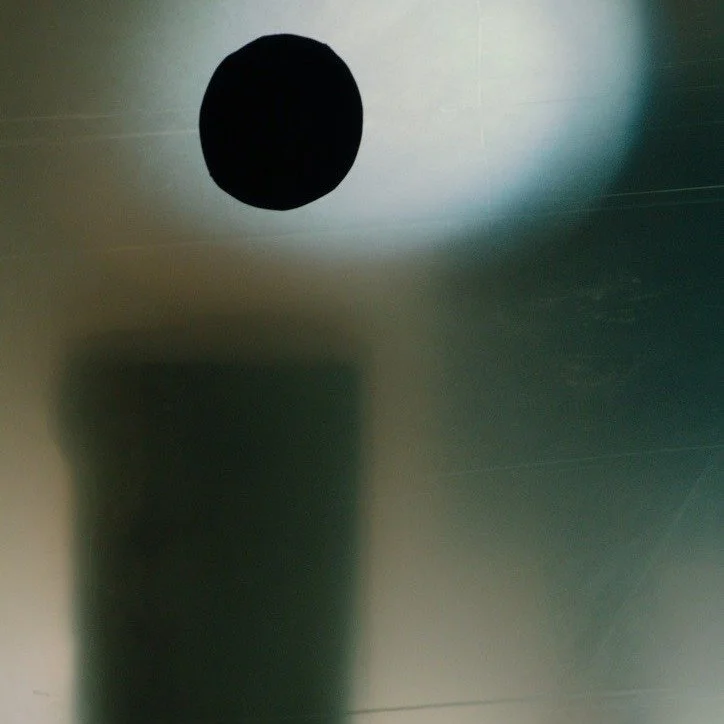LOVE IS THE SAFEST
PLACE WE HAVE
DIsco is not what you think:
A Reflection on Freedom

“The Afterlife is more than an album; it is a living experiment in what disco can mean now, in every city and every heart that hears its call.”
Introduction
This reflection is not a history lesson, nor a set of instructions. It is an offering — a pulse, a breath, a flash of light on the dancefloor. It is written for anyone who has ever felt both inside and outside the music, for anyone who has longed for a space where freedom is not a privilege but a birthright.
The Afterlife is more than an album; it is a living experiment in what disco can mean now, in every city and every heart that hears its call. This text is meant to travel—across languages, across continents, across the boundaries of tradition and genre. It is for you, wherever you are, however you move.
If you find yourself reflected in these words, know that you are already part of the dance. If you are new to this world, consider this your invitation.
The beat is waiting.

“disco refuses to die because the need for freedom never dies. Every time we gather — on a dancefloor, in a bedroom, in a car with the radio blasting — we are rehearsing a better world. We are making freedom real, as long as the music lasts.”
I. Disco Is Not What You Think
Let’s be clear: disco is not what you think it is. It’s not just a genre, a sound, or a style. It’s not nostalgia, not a glittering escape, not a punchline about polyester or platform shoes. Disco has always been politics — the most radical politics imaginable. It is the politics of freedom itself.
Why start here? Because everywhere I look, I see people using the word “disco” as if we all agree on what it means. But behind the mirrorball, disco hides a deeper truth: it is a way of living, a way of claiming space, a way of saying “I am here, and I will move how I want, with whom I want, for as long as the music lasts.”
Disco didn’t invent freedom. But in the United States, where I was born, after the upheavals of the 1960s — the civil rights marches, the free love movement, the protests and riots and dreams — disco became the place where freedom could be lived, not just imagined. On the dancefloor, bodies that were policed, marginalised, or erased outside the club found a new law: move as you wish, love as you wish, become who you wish. No permission required.
This is not just American history. In Argentina and Brazil, in Mexico, South Africa, and Turkey — in every place where people have gathered to dance, disco’s pulse has offered a temporary liberation — a taste of what life could be if freedom was our first right, not a privilege handed down by those in power.
Why am I writing this now? Because the same forces that tried to shut down disco during the original wave of disco decades ago are still with us. They want to redefine freedom as something they can control — something conditional, revocable, managed by law or custom. Their aim is always the same: to keep joy, movement, and self — invention in check, to make sure only some people get to feel truly alive.
But disco refuses to die because the need for freedom never dies. Every time we gather — on a dancefloor, in a bedroom, in a car with the radio blasting — we are rehearsing a better world. We are making freedom real, as long as the music lasts.
This is why I made The Afterlife. Not to relive the past, but to show that disco’s promise is still urgent, still unfinished, still waiting for anyone brave enough to step into the light and claim it.
CONTINUE READING:

